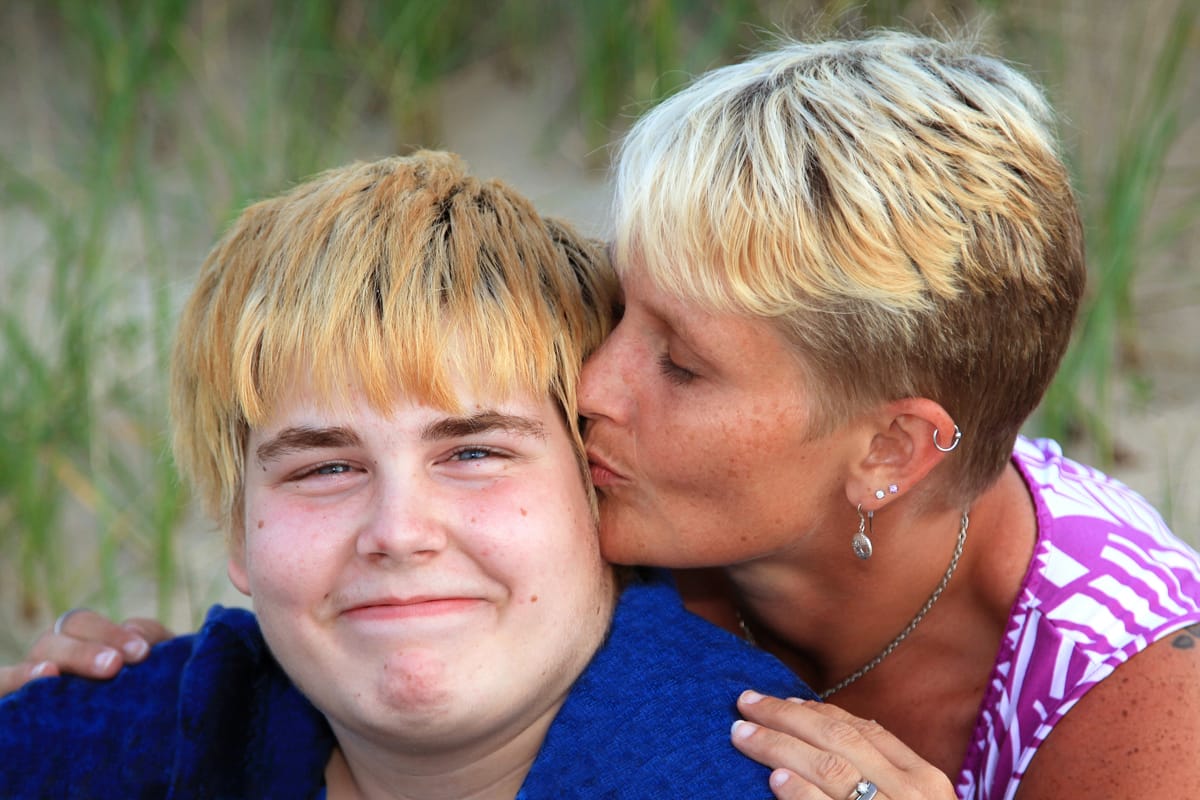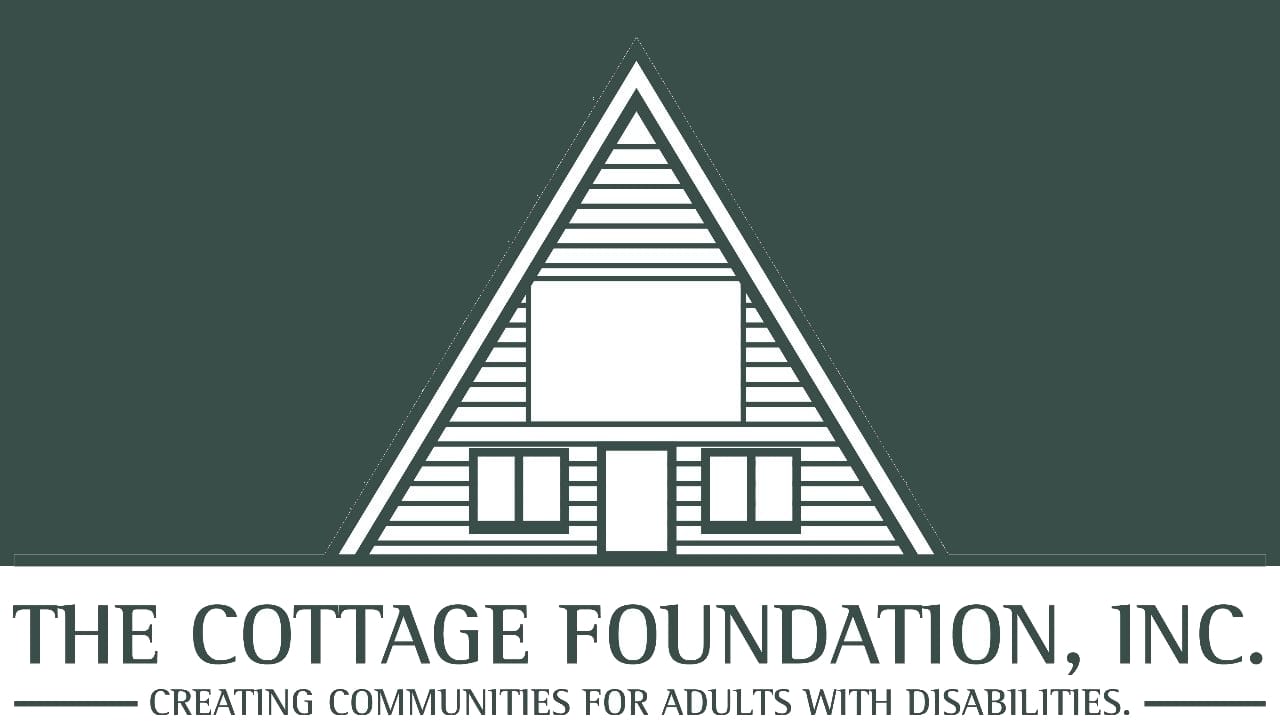The Benefits of Purchasing a Home in an Inclusive Community for Parents of Children with Special Needs

Raising a child with special needs is a journey that often extends well into adulthood. As children with special needs transition into adulthood, the responsibilities of their parents evolve, especially when it comes to ensuring their continued independence, well-being, and access to necessary services. For many parents, this shift can be daunting, but living in an inclusive community that caters to adults with special needs offers profound benefits, not only for the individuals with special needs but for their parents as well.
1. Support for Independent Living
For many parents, one of the greatest challenges they face as their child grows older is balancing the desire for their child to live independently with the need for ongoing support. An inclusive community can offer a solution by providing the infrastructure and services that allow adult children with special needs to live in their own homes, while still having access to trained staff and caregivers.
In these communities, adults with special needs can enjoy the autonomy of independent living, knowing that caregivers or on-site staff are available for assistance when needed. This model gives parents the peace of mind that their child is able to make decisions for themselves, yet still has the support necessary to live safely and successfully.
2. On-Site Assistance and Caregiving
One of the most valuable benefits for parents is knowing that their adult child is receiving the care they need without being entirely dependent on family members. Inclusive communities may employ on-site staff who are trained to provide, or supervise, a range of services.
Additionally, paid caregivers may also be available to provide more personalized, one-on-one care, if necessary. This can include helping with daily tasks, managing medical needs, or offering companionship. The presence of these resources allows parents to feel confident that their adult children are in capable hands, reducing the burden of caregiving and offering a better quality of life for both the individual with special needs and their family.
3. Peace of Mind for Parents
For many parents, the thought of their child with special needs transitioning into adulthood comes with anxiety and uncertainty about their future well-being. Will they have access to the necessary resources? Will they feel socially included? Will they be safe?
Inclusive communities can be designed to answer these questions, providing parents with long-term peace of mind. Knowing that their adult child has access to an environment where their unique needs are understood and supported can greatly alleviate these concerns. These communities can prioritize safety, accessibility, and inclusivity—giving parents the reassurance they need.
4. An Empowering Environment for Adults with Special Needs
Inclusive communities are not just about providing care; they’re also about fostering independence and empowerment. Adults with special needs in these communities can be encouraged to participate in activities that promote personal growth and well-being. These can range from vocational training to recreational programs to social integration initiatives.
For many, living in such an environment allows them to experience a level of independence they may not have otherwise had, while also offering them opportunities to build meaningful relationships with peers who share similar experiences. Parents can feel comforted knowing their adult child has the chance to lead a fulfilling and active life.
5. Social and Emotional Support for Both Parents and Adult Children
For adult children with special needs, socialization and emotional support are vital for mental health and overall well-being. In inclusive communities, there are opportunities for both residents and their families to engage in social activities that promote integration and connection. This might include community events, shared spaces, or programs specifically designed for adults with special needs.
For parents, owning and frequenting a home in a community where others share similar experiences can provide emotional support and reduce the feelings of isolation that often accompany caregiving. Parents can connect with one another, share advice, and exchange resources, creating a network of understanding and support. These connections also offer reassurance that their child has a strong social network and is not alone.
6. Easier Access to Specialized Services
As children with special needs transition into adulthood, their care needs often become more complex. Owners and residents in inclusive communities may be a resource for specialized services that are tailored to adult needs, including healthcare, rehabilitation, and therapy.
For parents, knowing that their adult child can receive the care they need without having to travel long distances or manage complicated schedules brings great peace of mind. The proximity of these services, and the presence of empathic and watchful eyes, may encourage better ongoing care and timely medical attention, improving the overall quality of life for both the individual and their family.
7. Long-Term Stability and Security
For many parents, ensuring their adult child has a stable and secure future is a priority. Equity-based communities offer a level of stability that can provide long-term reassurance. With built-in support systems and a focus on inclusion and accessibility, these communities can be designed to meet the ongoing needs of individuals with special needs—well into adulthood.
This stability allows families to plan for the future with greater certainty, knowing that their adult child will have a place in the community that can support them through different stages of life.
8. Reduced Stress for Parents and Caregivers
Caring for an adult child with special needs can be emotionally and physically draining. The demands of caregiving may not always be manageable without external support, especially when it comes to balancing the needs of other family members, personal work, and self-care. Residents of an inclusive community may help one another to reduce this burden by providing, suggesting or referring a range of caregiving options, from staff assistance to paid caregivers.
This reduction in caregiving responsibilities gives parents the freedom to focus on their own needs, take time for self-care, and even pursue personal goals and activities that may have been put on hold. As a result, parents can experience less stress, better mental health, and improved overall well-being.
Conclusion
Purchasing a home in an inclusive community offers substantial benefits for families with adult children who have special needs. These communities can provide a blend of independence and support, allowing adult children to live fulfilling lives while still receiving the care they need. For parents, the peace of mind that comes from knowing their child is safe, supported, and living in an inclusive environment can be life changing. Additionally, the opportunities for respite, long-term stability, and access to specialized services create a more balanced and sustainable caregiving experience for families.
Ultimately, an inclusive and equity-based community may provide both parents and their adult children with the tools, resources, and support necessary to thrive.




